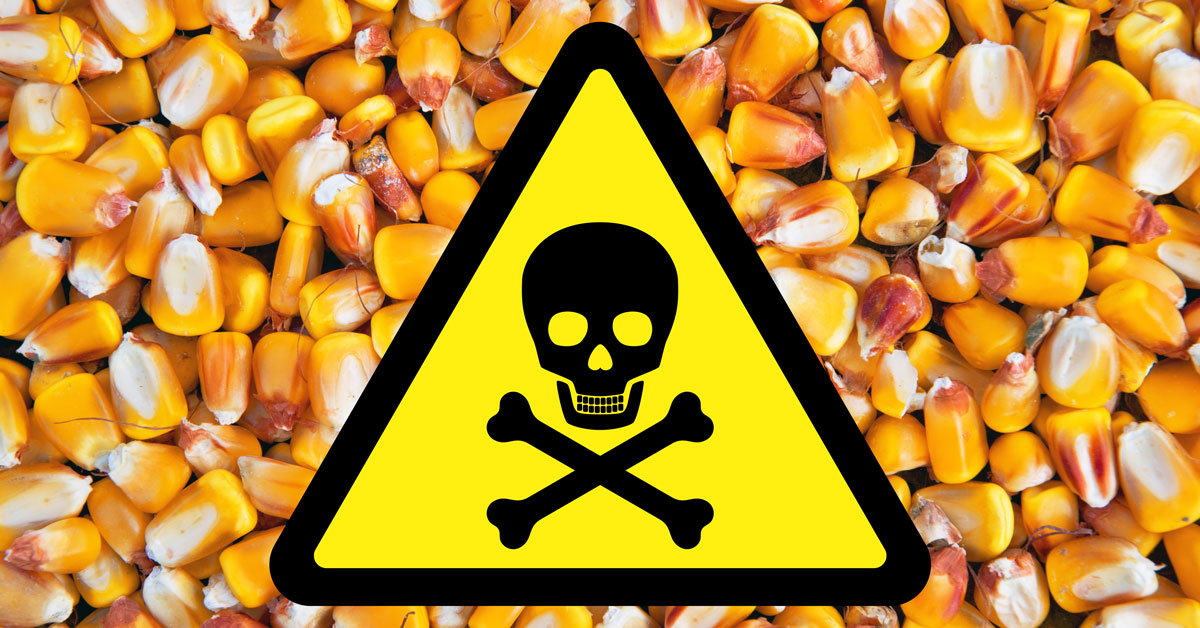
EFSA has for decades ignored crucial data from Monsanto
Data from Monsanto revealed that Bt proteins expressed in genetically modified (GM) plants are significantly more toxic than natural Bt toxins, reports Testbiotech. It is more than 30 years ago since, in 1990, Monsanto data first showed that if mixed with plant material from, e.g. soybeans, cotton and maize, toxicity could be up to 20 times higher. This is due to enzymes naturally present in the tissues of many crop plants.
These findings were never taken into account by the European Food Safety Authority (EFSA). It seems as if EFSA simply overlooked the relevant publications. EFSA routinely accepts tests with isolated Bt proteins produced by bacteria to assess the risks of GE plants.
Testbiotech said it became aware of this 30-year old Monsanto publication whilst assessing new applications for import approval of GM plants. Testbiotech also became aware of several more recent publications confirming the original Monsanto findings.
Bt proteins, which are naturally produced by soil bacteria, were introduced into GE plants to make them toxic to specific insects. At the same time, plants, such as soybean, cotton and maize, also naturally produce enzymes known as protease inhibitors (PI): these prevent proteins from degradation. Even in small quantities PIs can cause the toxicity of Bt toxins to be as much as 20 times higher; this has thus far been completely ignored in risk assessment. The mechanism by which PIs potentiate the toxicity of Bt proteins might be a delay in the degradation of Bt toxins. Most of the existing evidence is concerning insects. However there are also findings that the Bt toxins as produced by GE plants can persist much longer in the gut of mammals than previously expected.
Consequently, the toxicity and immunogenicity of Bt proteins produced in plants, such as maize, cotton and soybean, has to be assumed to be much higher compared to the naturally occurring Bt toxins. These problems relate to all Bt plants approved for import or cultivation in the EU and mixtures in food and feed. They are especially relevant to so-called stacked events which produce several Bt proteins and may thus contain higher overall concentrations of the toxins. However, neither EFSA nor industry have ever mentioned or investigated the risks to health and the environment associated with these effects. For example, EFSA has never requested empirical data on the overall toxicity of stacked events expressing up to six Bt proteins in parallel.
Several new applications for GM plants for import might soon be approved. Five new applications have been filed for maize and soybeans that express Bt toxins and / or are resistant to herbicides. The companies involved are Bayer (Monsanto) and Syngenta.
Resolutions against the new approvals have already been adopted by the Committee on Environment of the EU Parliament. The EU Parliament is expected to take a final vote on the applications in mid-December in a plenary sitting. These votes are not binding for the EU Commission. However, according to Testbiotech, the renewed strong evidence for huge gaps in EFSA risk assessment cannot be ignored in the upcoming decision-making. Therefore, Testbiotech demands that the current approval processes are stopped and the current approval process is substantially revised.
Further information
The Monsanto publication
https://pubs.acs.org/doi/10.1021/jf00094a051
Recent information on the pending approval processes
https://www.testbiotech.org/en/news/eu-close-approving-new-ge-plants
Source: Testbiotech
https://www.testbiotech.org/en/press-release/are-ge-plants-bt-toxins-20-times-more-toxic-previously-known










